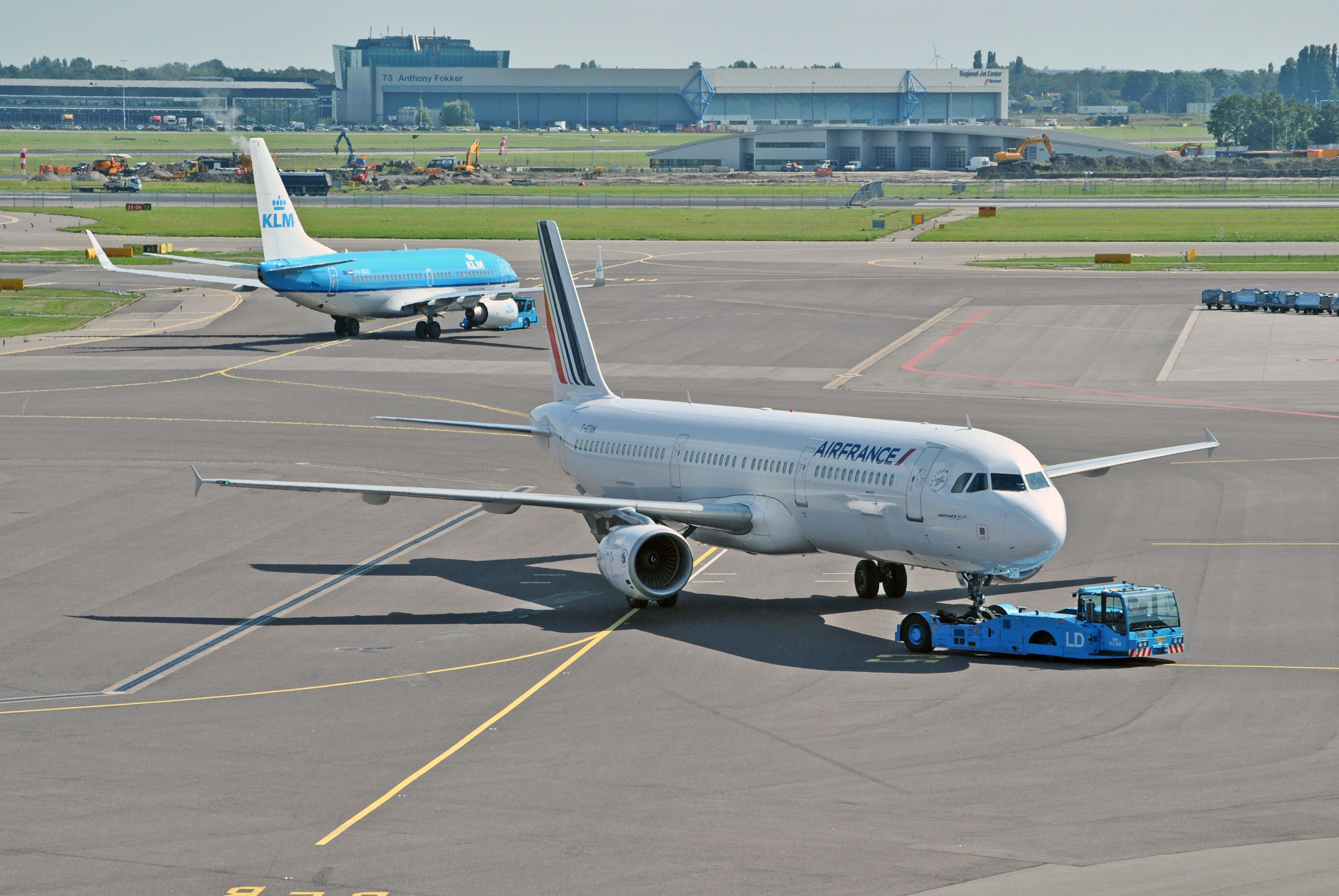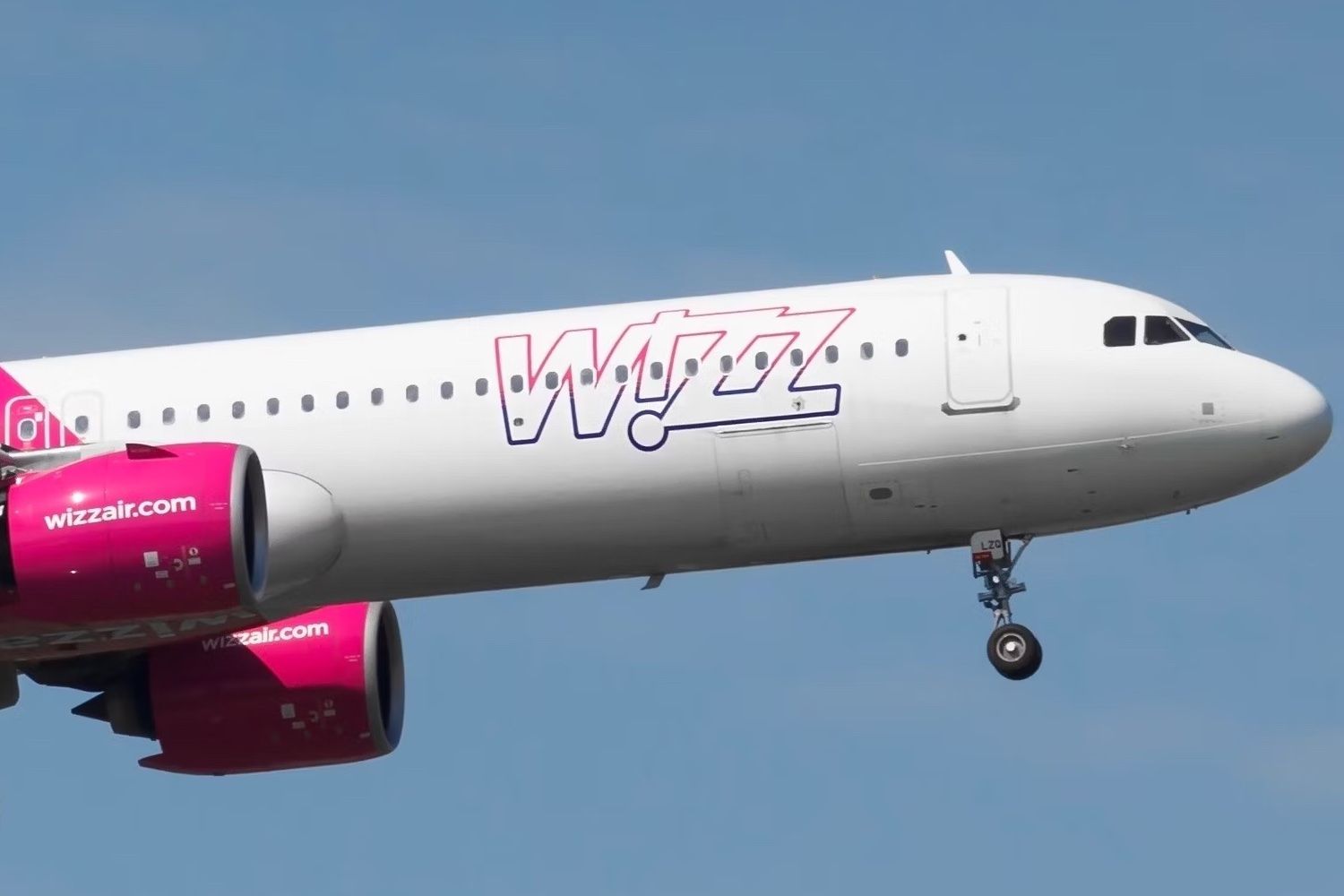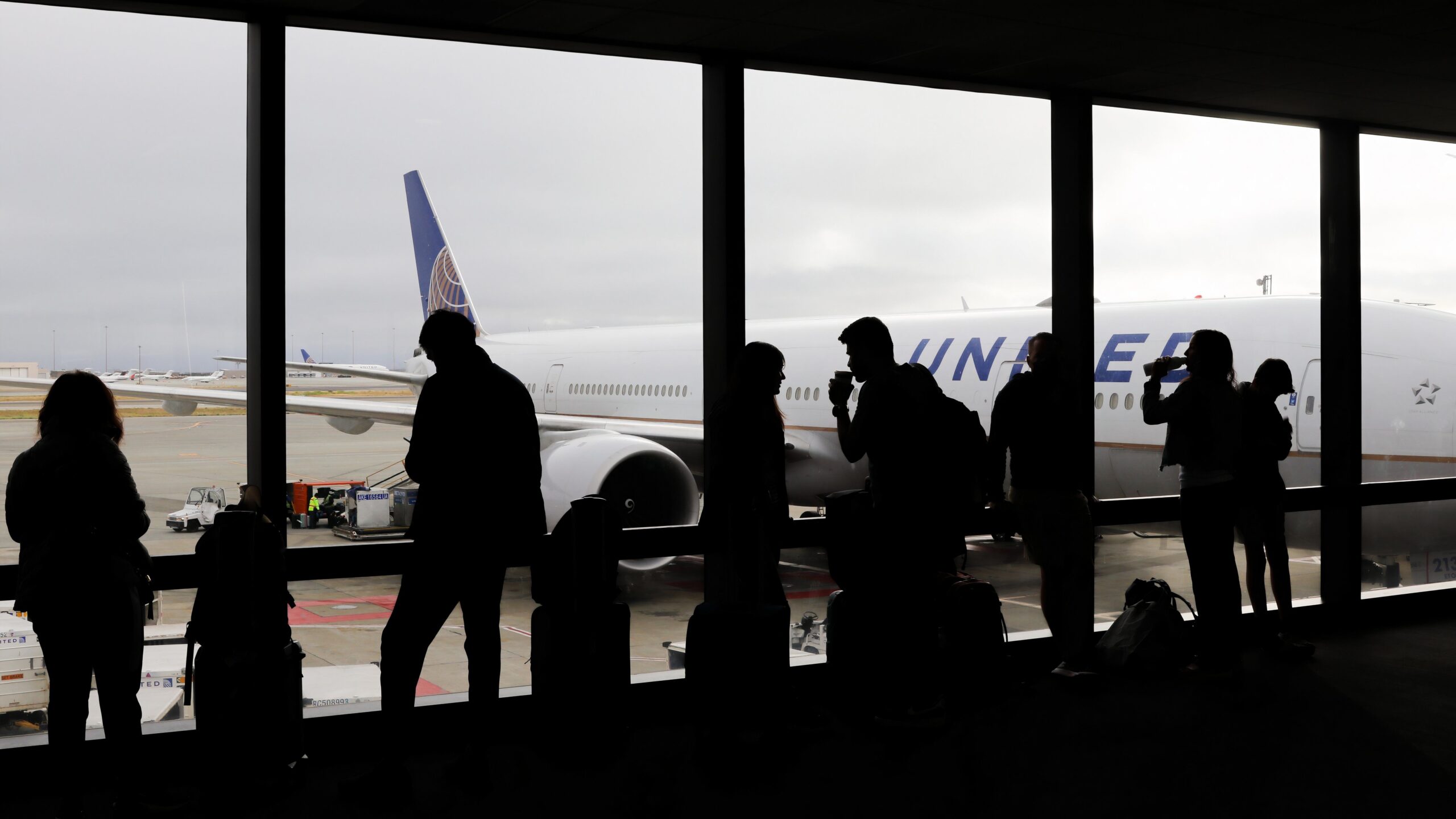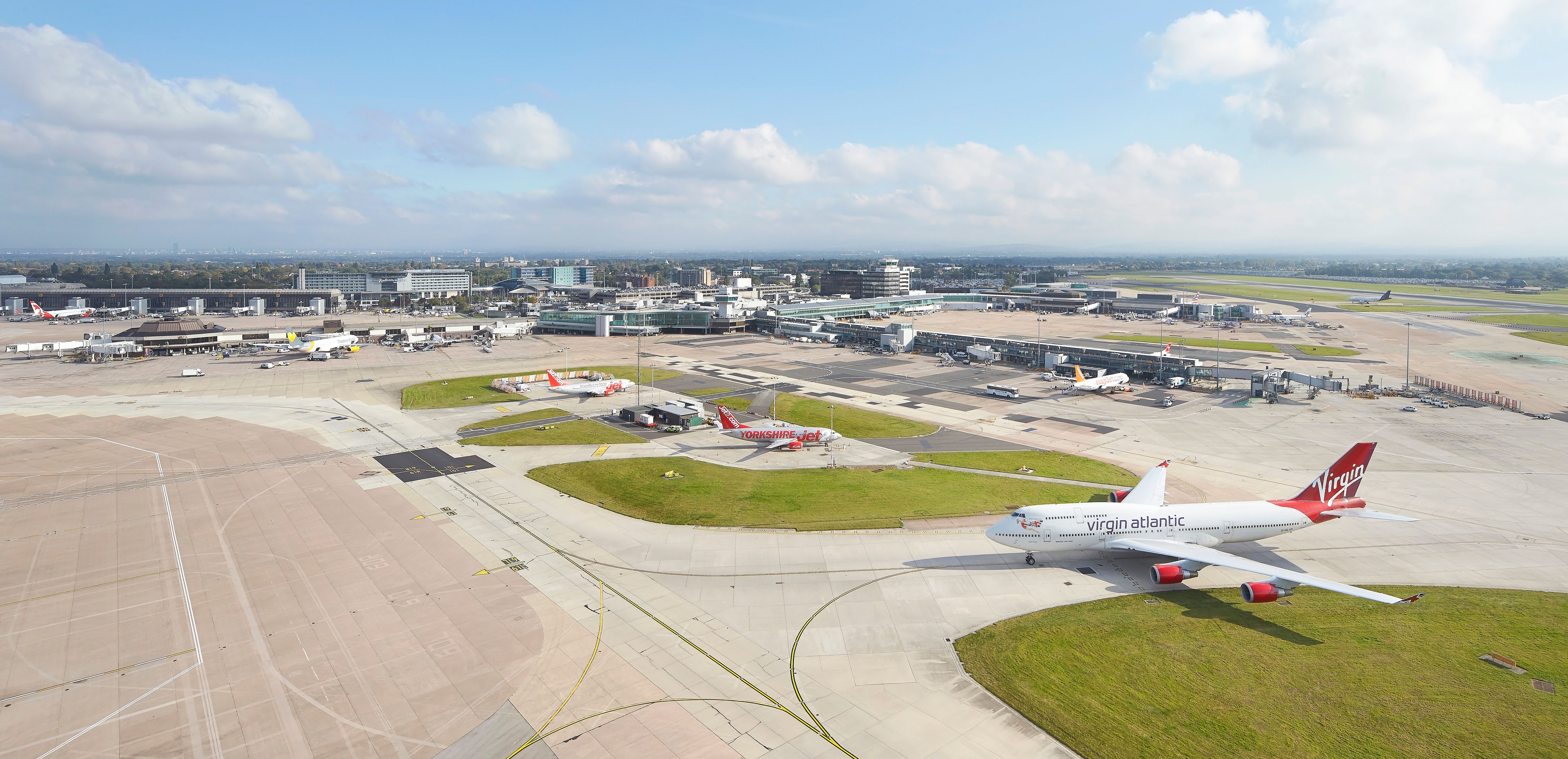Summary
- Traditional loyalty programs struggle with Gen Z and Millennials, who prioritize flexibility and rewards tailored to travel habits.
- Airlines innovate with co-branded cards and third-party partnerships to appeal to digital native value-driven accommodation preferences.
- Enhanced transparency in data collection is crucial for airlines to build trust with younger passengers and address privacy concerns.
A recent report by OAG suggests that the main reason Gen Z (61%) and Millennial (49%) travelers cite for not joining loyalty programs is the lack of consistent travel with a single carrier or brand, followed by the lengthy time it takes to redeem rewards, at 14% and 19% respectively. Additionally, 8% of Gen Z prefer rewards tailored to their travel preferences and booking patterns.
Also, 8% of Gen Z and Millennials oppose airlines accessing their data, followed by Baby Boomers at 10%, compared to only 5% of Gen X.
How can airlines counter brand loyalty issues?
We have already seen airlines gradually abandon rewarding customers solely based on flying with them. The most popular way of doing so is to issue co-branded cards that generate miles. This will help the airlines cater to Gen-Z and millennials’ main issue: brand loyalty. For example, someone wanting to fly Southwest Airlines to their destination and Delta on the way back can earn miles on their SkyMiles account.
How should airlines adapt to digital native travel habits?
Digital natives don’t only lack loyalty to airlines but also to hotels. Since most still need to earn the same income as Gen-Xers, they typically look for the cheapest accommodation that meets their criteria. Instead of booking via Mariott or other chains, some will look for Trip.com or other cheaper third-party websites.
Airlines can take advantage of this by offering points/miles to travelers who book through these methods. For example, Air France and Flying Blue are running a promotion where customers earn two miles in their Flying Blue account for every dollar spent on Booking.com.
The website explains that customers can earn loyalty rewards, specifically 2 Flying Blue Miles for every €1 spent, and receive a minimum 15% discount on specific properties.
To enjoy these benefits, reservations must be made through Booking.com’s dedicated portal for Flying Blue members. It’s essential to enter the Flying Blue number during the final phase of booking, immediately after selecting the payment method, as it’s impossible to credit Miles to your account afterward. The earned Miles are automatically credited after the stay is completed.

Related
How To Book A Flying Blue Promo Reward Ticket
Flying Blue members can take advantage of exclusive promotional offers.
Airlines must communicate how data is collected more transparently.
As mentioned, millennials, but most particularly Gen Z, who have not lived before the internet, expect corporations to communicate more clearly about how customer data is used. Gen Z uses the internet daily and is very conscious of online privacy. While some data has to be transmitted to the relevant authorities for safety and immigration reasons, airlines must explain why that is.

Related
Wizz Air Leverages Passenger Data And AI With New Shopping Platform
The airline’s new initiative is undoubtedly creative.
They could mention, for example, how Peter Buttigieg, the United States Secretary of Transportation, announced last March that the DOT would be reviewing the safety of personal data of passengers flying with the ten largest airlines in the country. This review will assess how the airlines collect, handle, maintain, and use their passengers’ information.
One important thing for our readers to remember is that airlines in the EU already have to explain how data is processed due to the local GDPR law on customer data protection.
TLDR
The OAG report finds traditional loyalty programs losing appeal among younger travelers, prioritizing flexibility and rewards tailored to their travel habits over sticking with a single carrier. Gen Z and Millennials cite inconsistent travel patterns and long reward redemption times as deterrents. In response, airlines are innovating by offering co-branded cards for earning miles and partnering with third-party platforms to appeal to the digital native’s value-driven accommodation preferences. Additionally, transparent communication about data use, enhanced by regulations like GDPR in the EU, is essential to address privacy concerns and build trust with younger demographics.


